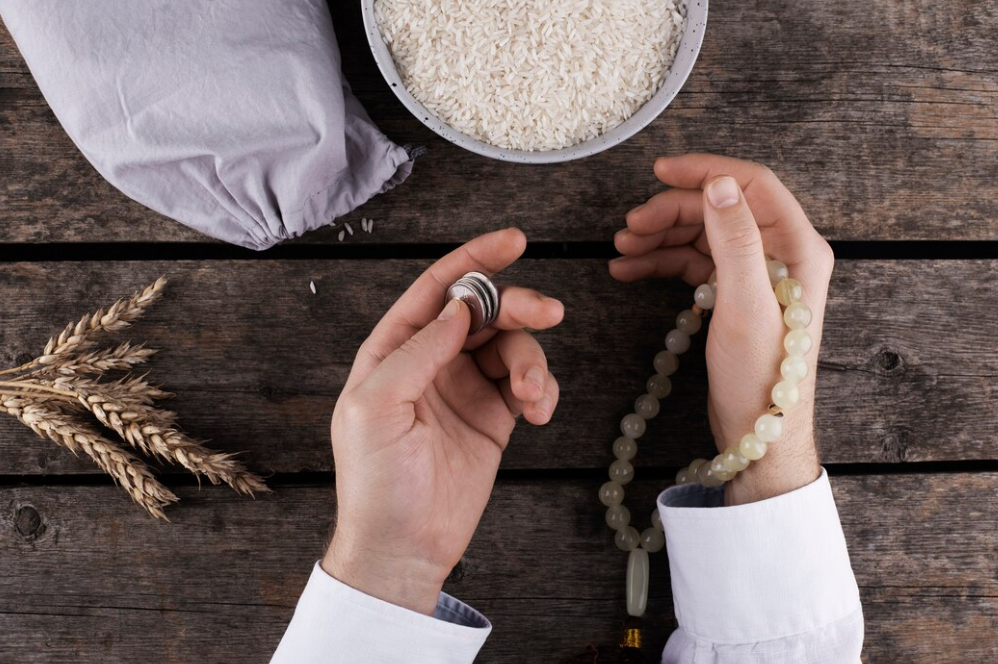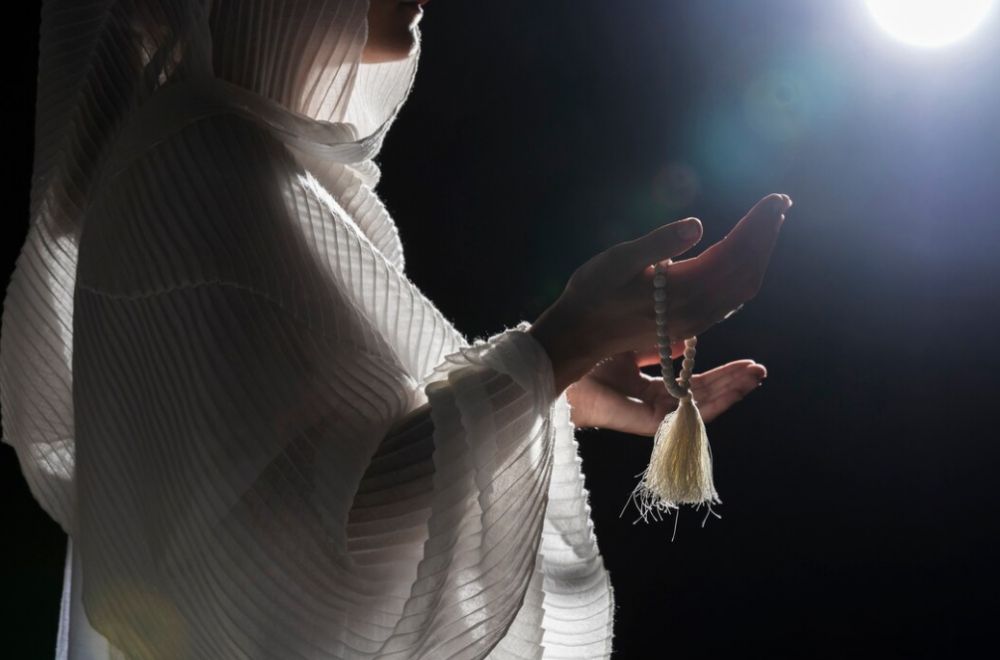foto: freepik.com
Brilio.net - Ramadan is symbolized as a holy month and provides warmth for all people. This month of grace will soon end. Of course there is a feeling of sadness, because the whole month carries out many exciting activities that are full of rewards, from fasting, tarawih, to other forms of worship. Even so, the last night of Ramadan is also a joyous moment, because we are waiting for the day of victory, namely Eid al-Fitr .
Eid al-Fitr is also a very important and meaningful moment in Islam. This is because the night of Eid al-Fitr is a symbol of spiritual victory after a full month of restraining one's desires and trying to get closer to Allah SWT. It is a time to celebrate the spiritual achievements and self-discipline that have been demonstrated during Ramadan.
This evening is also an opportunity for Muslims to liven up the night with takbir, tahmid, and other worship as an expression of gratitude for the blessings and opportunities that Allah SWT has given during the month of Ramadan. On this night many people also use it to rejoice, offer prayers to Allah SWT, and show various gratitude for what they have obtained so far.
Apart from that, Eid al-Fitr is a time to strengthen ties. Muslims around the world forgive each other and share happiness with family, friends and neighbors. This is a manifestation of Islamic values which teach togetherness, brotherhood and peace.
The tradition of enlivening the night of Eid al-Fitr with worship and prayer is also a way to maintain the spirit of worship that has been built during Ramadan. Where this is an effort not to return to old habits that may not be good and to continue to guard the heart so that it is protected from negligence.
Eid al-Fitr is also an important time to reflect and learn lessons from experiences during Ramadan. Everyone will set new resolutions and commitments in living their daily lives with more piety and devotion to Allah SWT and fellow humans.
Therefore, it is very important to worship on the last night of Ramadan or Eid al-Fitr. Reporting from brilio.net Wednesday (3/4), here are 6 practices on the eve of Eid al-Fitr, to make yourself reflect in welcoming victory.
1. Tahajud prayer

6 Practices on the eve of Eid al-Fitr
freepik.com
The Tahajjud prayer on the eve of Eid al-Fitr has several special advantages for Muslims. First, the tahajjud prayer tonight strengthens the spiritual connection with Allah SWT. By waking up in the middle of the night to worship, Muslims show great love and desire to get closer to the Creator. This reflects sincerity and determination in seeking Allah's mercy and forgiveness, as well as a willingness to sacrifice rest time to worship Him.
Apart from that, the Tahajjud prayer on the eve of Eid al-Fitr is also a means for deep self-reflection. On this night of victory, Muslims reflect on all the deeds and practices they have done during the month of Ramadan. In the solemn atmosphere of the Tahajjud prayer, they reflect on the mistakes and sins that may have occurred, and are grateful for all the blessings and mercy that Allah SWT has given. By repairing spiritual relationships and asking for forgiveness in the Tahajjud prayer, Muslims hope for purity and blessings on Eid al-Fitr and start a new chapter in life with a sincere and clean heart.
2. Reading the Koran

6 Practices on the eve of Eid al-Fitr
freepik.com
Eid al-Fitr night is also a good time to read the Koran with great devotion and tadabbur. Muslims can meditate on the holy verses of the Koran which remind them of the obligation to do good, improve themselves and avoid sin. Reading the Koran also helps Muslims to strengthen their spiritual connection with Allah SWT.
3. Give charity

6 Practices on the eve of Eid al-Fitr
freepik.com
On the eve of Eid al-Fitr, giving alms is a highly recommended practice. Muslims can use this opportunity to provide assistance to those in need, whether in the form of food, clothing or money. By giving alms, Muslims not only help others, but also cleanse their wealth of greed and strengthen their sense of empathy towards fellow humans.
4. Pray

6 Practices on the eve of Eid al-Fitr
freepik.com
Eid al-Fitr night is the right time to pray with full devotion and hope to Allah SWT. Muslims can use this night to ask for forgiveness for all the sins and mistakes they have committed, as well as ask for guidance and blessings to live a better life in the future.
5. Visit the grave

6 Practices on the eve of Eid al-Fitr
freepik.com
For those who can, visiting the graves of relatives or people who have died is a recommended practice on the eve of Eid al-Fitr. By visiting graves, Muslims can reflect on the limitations of life and remember the afterlife that awaits. This is also a time to pray for the deceased and ask for forgiveness for them.
6. Hold a science assembly

6 Practices on the eve of Eid al-Fitr
freepik.com
Organizing a science assembly or recitation on the eve of Eid al-Fitr can be a very useful practice. Muslims can gather together to listen to religious studies, lectures, or tausiyah that remind them of the importance of maintaining their faith and doing good deeds. By deepening religious knowledge, Muslims can improve themselves and improve the quality of their worship in the future.
(brl/ola)